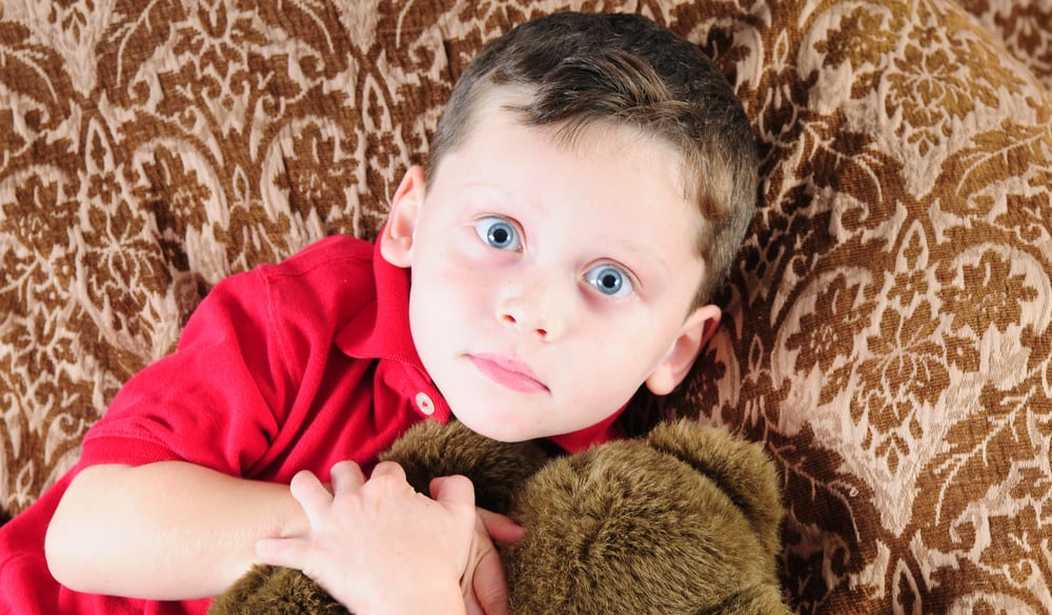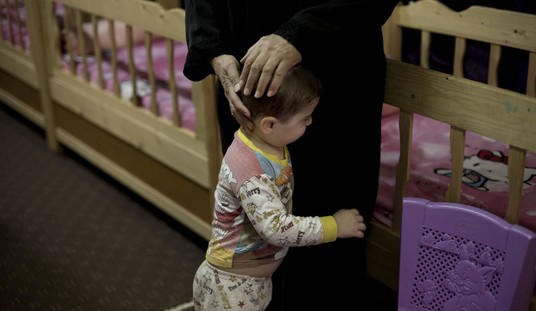When I was five I didn’t sleep. For the whole year. Seriously, look at our family photos; over the course of that year, my father’s beard went from a brilliant black to a light and very tired gray. I can remember that year very vividly. Every night my mother would sing me to sleep only to find me awake at the edge of her bed a few hours later, complaining of bad dreams. Eventually my waking would become so routine that I’d simply drag my quilt into my parents’ room and sleep on the floor next to their bed, I was so terrified of being alone with whatever it was that plagued me in my sleep.
Nightmares are only one of the reasons kids today don’t sleep, but it’s pretty high on the list. After a few conversations with my school guidance counselor, he and my mother conferred and agreed that what they needed to address wasn’t my sleep, it was the fear preventing me from sleeping. She located a kid-friendly book of Psalms and would read them with me every night before bed, explaining the concept of a God who watched over and protected me while I slept. It didn’t click overnight, but rather soon after I was able to conquer my demons and my parents praised the Lord. Unfortunately, in today’s world parents need quicker, easier solutions than repetitive bedtime reads.
Referred to as “the ubiquitous sleep aid,” melatonin has become the popular go-to choice for parents looking to get their young child asleep fast. What many parents are discovering, and what pediatricians are starting to advise, is that melatonin isn’t the catch-all solution they’re hoping for. In fact, in some cases, it may do more harm than good. Melatonin, a hormone the body produces to regulate sleep and wakefulness, is not classified as a drug, and therefore not screened by the FDA. As a result, many melatonin products on the market contain questionable fillers, including serotonin, a mood-regulating neurotransmitter. Melatonin is noted as having several short-term side effects including grogginess and headaches. And in the long term, an overabundance of melatonin in the body can delay puberty.
But what happens when mom and dad both work and need their sleep, too? They don’t have the time or energy to fight or coddle their child to sleep, which is why, according to the CDC, melatonin is the most common supplement given to children after Omega 3s. According to Dr. Judith Owens, director of the sleep lab at Boston Children’s Hospital, roughly 90 percent of the children who come to the lab for treatment have used or are using melatonin. It’s a 70 percent uptick from just five years ago.
While it may be easier to pop a pill, it isn’t healthier. Most notably, melatonin doesn’t address the underlying factors preventing a child from being able to fall asleep and stay asleep throughout the night. Some pediatricians point out that excessive screen time and lack of reliable evening schedules at home can interfere with sleep, while others like Owens deal with the chronic problem of nightmares. Whatever the cause, unless melatonin is medically necessary (as in some cases of autism and ADHD, according to Owens) your child’s sleep problems still have to be solved the old-fashioned way: with a lot of sleepless nights and hard work.









Join the conversation as a VIP Member